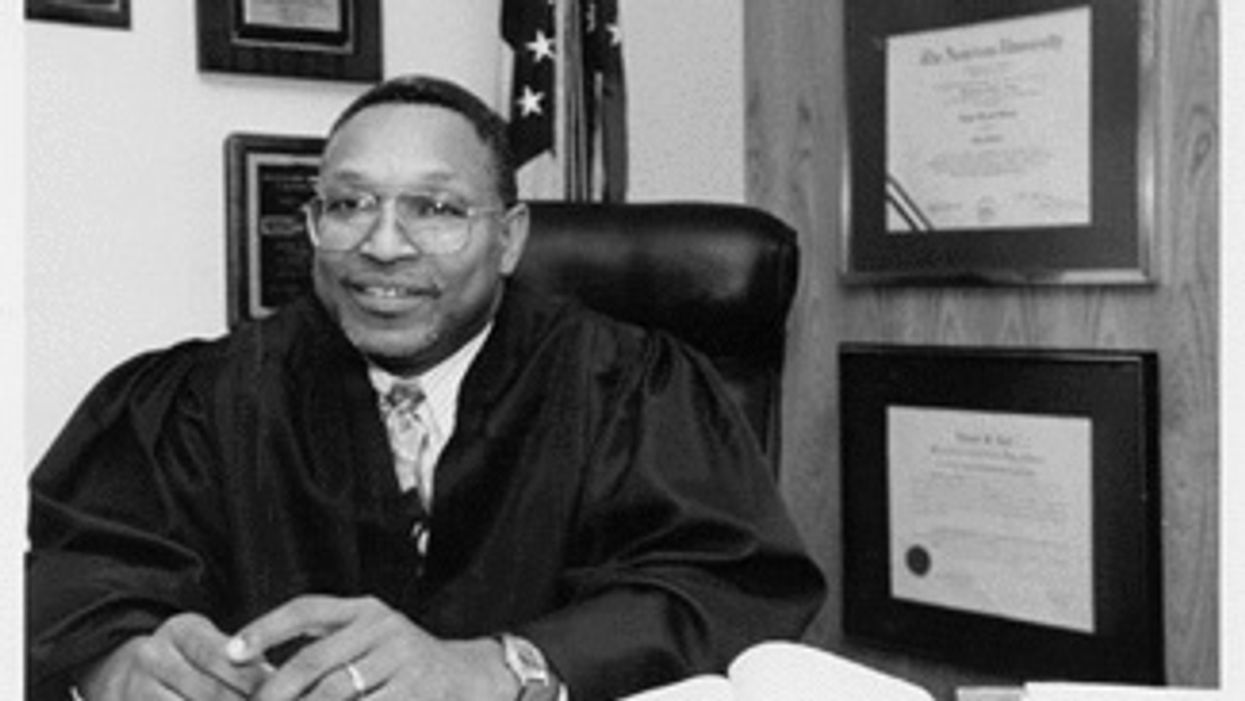
Reprinted with permission from Alternet
U.S. District Judge Reggie Walton ruled in a scathing decision on Thursday that Attorney General Bill Barr's handling of Special Counsel Robert Mueller's report demonstrates that his department cannot be trusted to faithfully redact the document. Therefore, his court will review the redactions itself to ensure that they didn't improperly conceal information from the public.
Judge Walton was critical — as many observers were at the time — of a letter Barr sent purporting to summarize the conclusions of the Mueller report weeks before the document was officially made public:
The speed by which Attorney General Barr released to the public the summary of Special Counsel Mueller's principal conclusions, coupled with the fact that Attorney General Barr failed to provide a thorough representation of the findings set forth in the Mueller Report, causes the Court to question whether Attorney General Barr's intent was to create a one-sided narrative about the Mueller Report—a narrative that is clearly in some respects substantively at odds with the redacted version of the Mueller Report.
He noted that even Mueller himself wrote a letter to Barr, expressing the worry that the letter "did not fully capture the context, nature, and substance of th[e] [Special Counsel's] Office's work and conclusions."
"[A] review of the redacted version of the Mueller Report by the Court results in the Court's concurrence with Special Counsel Mueller's assessment that Attorney General Barr distorted the findings in the Mueller Report," the judge wrote.
Specifically, Walton faulted Barr for misleading the public about two key aspects of the report. First, though Barr said Mueller did not establish that Trump was involved in the 2016 Russian election interference, the special counsel did find numerous "links" between the campaign and Russia and only did not find that the evidence showed these links to amount to a criminal conspiracy. Second, Barr did not convey that Mueller determined not to make a prosecutorial decision on the question of whether Trump obstructed justice. Mueller listed extensive analysis and evidence suggesting that, in fact, Trump had committed such a crime; and he said Congress or a future prosecutor could potentially try Trump for this conduct.
The judge continued:
[The] Court has reviewed the redacted version of the Mueller Report, Attorney General Barr's representations made during his April 18, 2019 press conference, and Attorney General Barr's April 18, 2019 letter. And, the Court cannot reconcile certain public representations made by Attorney General Barr with the findings in the Mueller Report.
Because of these discrepancies, the judge wrote, it appears Barr may have "made a calculated attempt to influence public discourse about the Mueller Report in favor of President Trump despite certain findings in the redacted version of the Mueller Report to the contrary."
The case was brought by Jason Leopold of BuzzFeed News and the Electronic Privacy Information Center, who sought to use the Freedom of Information Act to obtain the redacted information in the Mueller Report.
The decision concluded:
[The] Court must conclude that the actions of Attorney General Barr and his representations about the Mueller Report preclude the Court's acceptance of the validity of the Department's redactions without its independent verification. Adherence to the FOIA's objective of keeping the American public informed of what its government is up to demands nothing less. Accordingly, the Court will conduct an independent review of the unredacted version of the Mueller Report to determine whether it concurs with the Department's determination that the redactions of the Mueller Report are authorized by the FOIA exemptions upon which the Department relies.
In other words, Barr proved his Justice Department cannot be trusted. Elsewhere, Walton said Barr showed a "lack of candor." So the court itself will take the responsibility of ensuring that the Mueller report redactions comply with the law.
It's an extraordinary decision for a judge to make — and one that should signal just how much the Trump administration has warped the federal government.








